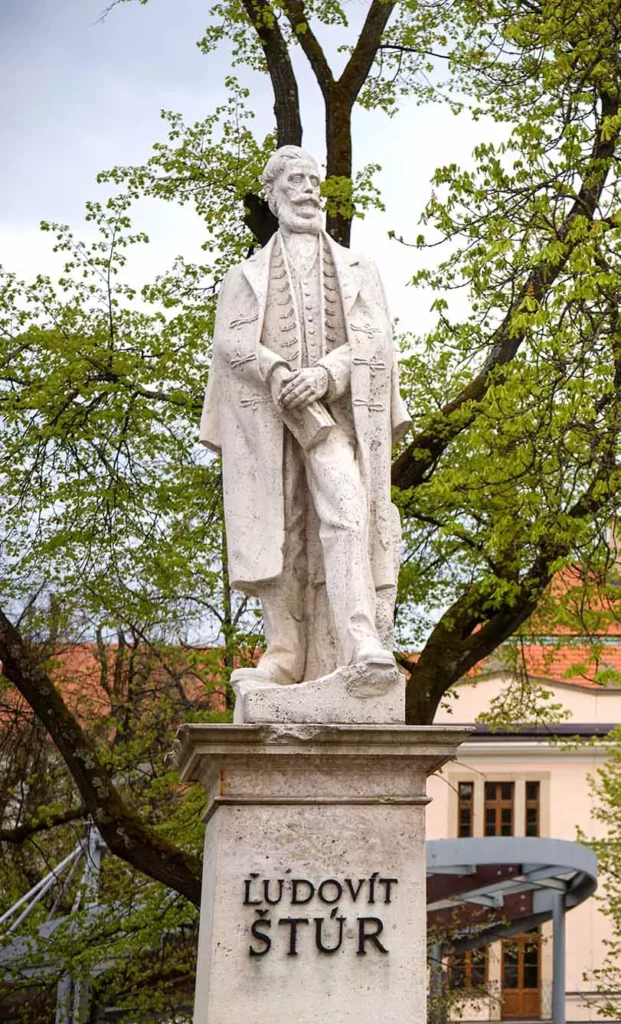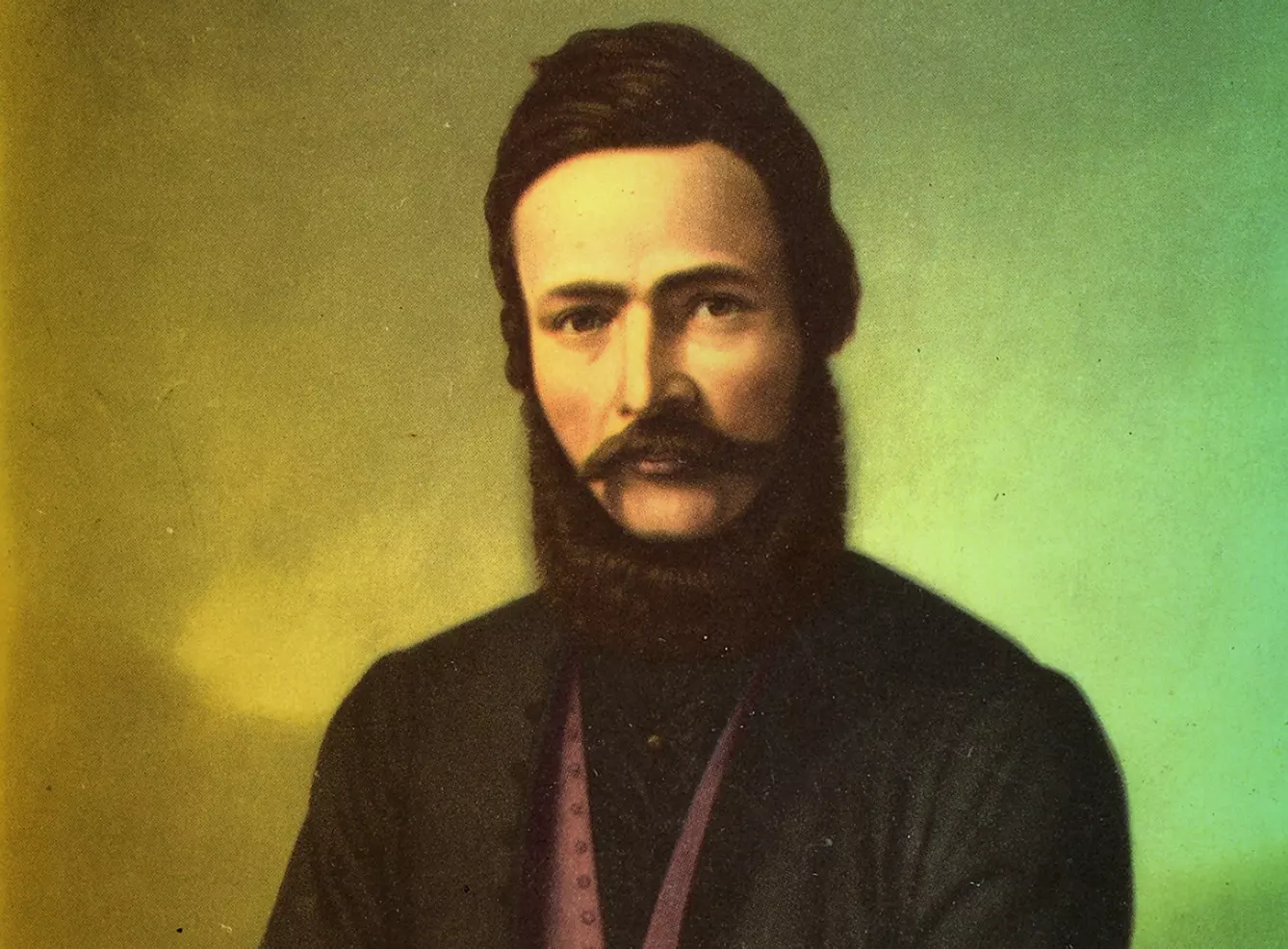Did you know Slovakia has been an independent republic for only the last 30 years? Yes, there was Czechoslovakia. But the “Slovakia” part did not exist as such before 1992. You can’t trace any sign of Slovakian statehood before that date.
This situation resembles that of many other nations today, forming sovereign, self-aware states. Before the 19th century, in the case of most of them, it was difficult to speak of any kind of statehood, a sense of national community, or even their own national language. So was this the case with Slovakia: nothing and then boom – now there is a Slovak nation and Slovak state? Not really.
It’s all about the native language
In fact, the process of Slovak national revival was complicated. Let’s go back to the 18th century. It has been roughly a thousand years since the territory of today’s Slovakia came under Hungarian rule and the peoples inhabiting the area, from whom the Slovak nation later emerged, were necessarily subject to Hungarian cultural and political influences. However, there must have been some kind of national consciousness, because an elite crystallized among the pre-Slovak communities.

The middle class and mainly the priests became those who would fight for the rights of the future Slovaks. Their primary goal was to establish the rules of the Slovak language. And something began to change after centuries. In 1783, Joseph Bajza, a Catholic vicar, wrote the first Slovak novel, The Cases and Experiences of Young Rene, which was also the first attempt to codify the Slovak language. An attempt, we might add, which was not entirely successful.
Slovakia: the origin of the country
To make things even more complicated, the Slovak people were divided into Catholics and Evangelicals. Catholics stood firmly behind the idea of their own language. Evangelicals, on the other hand, had a more favorable view of unification with the Czech people and the liturgical Czech language. In spite of all of this, in 1787, a Catholic priest named Anton Bernolak codified Slovak literary language based on dialects from the west of the region.
But it was L’udovit Štúr who had the last word. He affected a complete and irrevocable codification of the Slovak language. It was 1843 when he came up with the idea of uniting the Catholic and Evangelical factions with a single language. He chose the dialects of the Central region as a base – widely spread and very expressive, best suited for future nations and states.
In the summer of 1843, the group of “Štúrs”- L’udovit Štúr, Michal Hodža, and Jozef Hurban gathered together, and they established the principles of the Slovak language. Just like that, once and for all. History went round in circles several times before Slovakia came into being, but this moment was crucial for Slovakia as we know it today.







